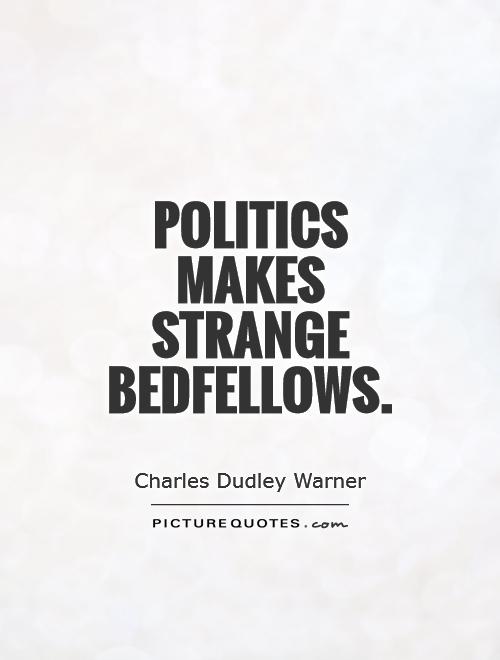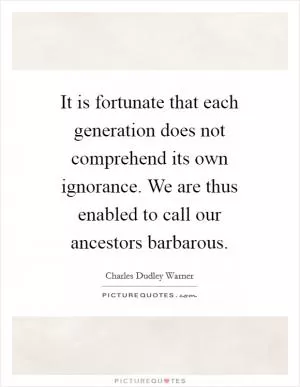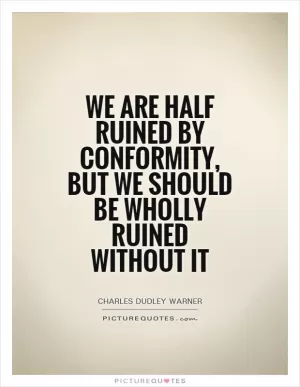Politics makes strange bedfellows

Politics makes strange bedfellows
The phrase "politics makes strange bedfellows" is often attributed to Charles Dudley Warner, a 19th-century American essayist and novelist. Warner's words have stood the test of time, as they continue to ring true in the world of politics today. The idea behind this phrase is that in the pursuit of power and influence, individuals who may have little in common or even be at odds with each other can come together to achieve a common goal.In the realm of politics, alliances are often formed out of convenience rather than shared values or beliefs. This can lead to some unlikely partnerships and collaborations that may seem surprising to outsiders. For example, political rivals may join forces to defeat a common enemy or advance a particular agenda, despite their differences on other issues. This phenomenon is not limited to any particular political system or ideology, as it can be observed in democracies, dictatorships, and everything in between.
One of the most famous examples of strange bedfellows in politics is the alliance between the United States and the Soviet Union during World War II. Despite being bitter enemies with opposing ideologies, the two countries joined forces to defeat Nazi Germany and its allies. This partnership was born out of necessity, as both nations recognized the threat posed by the Axis powers and the need to work together to ensure their mutual survival.












 Friendship Quotes
Friendship Quotes Love Quotes
Love Quotes Life Quotes
Life Quotes Funny Quotes
Funny Quotes Motivational Quotes
Motivational Quotes Inspirational Quotes
Inspirational Quotes